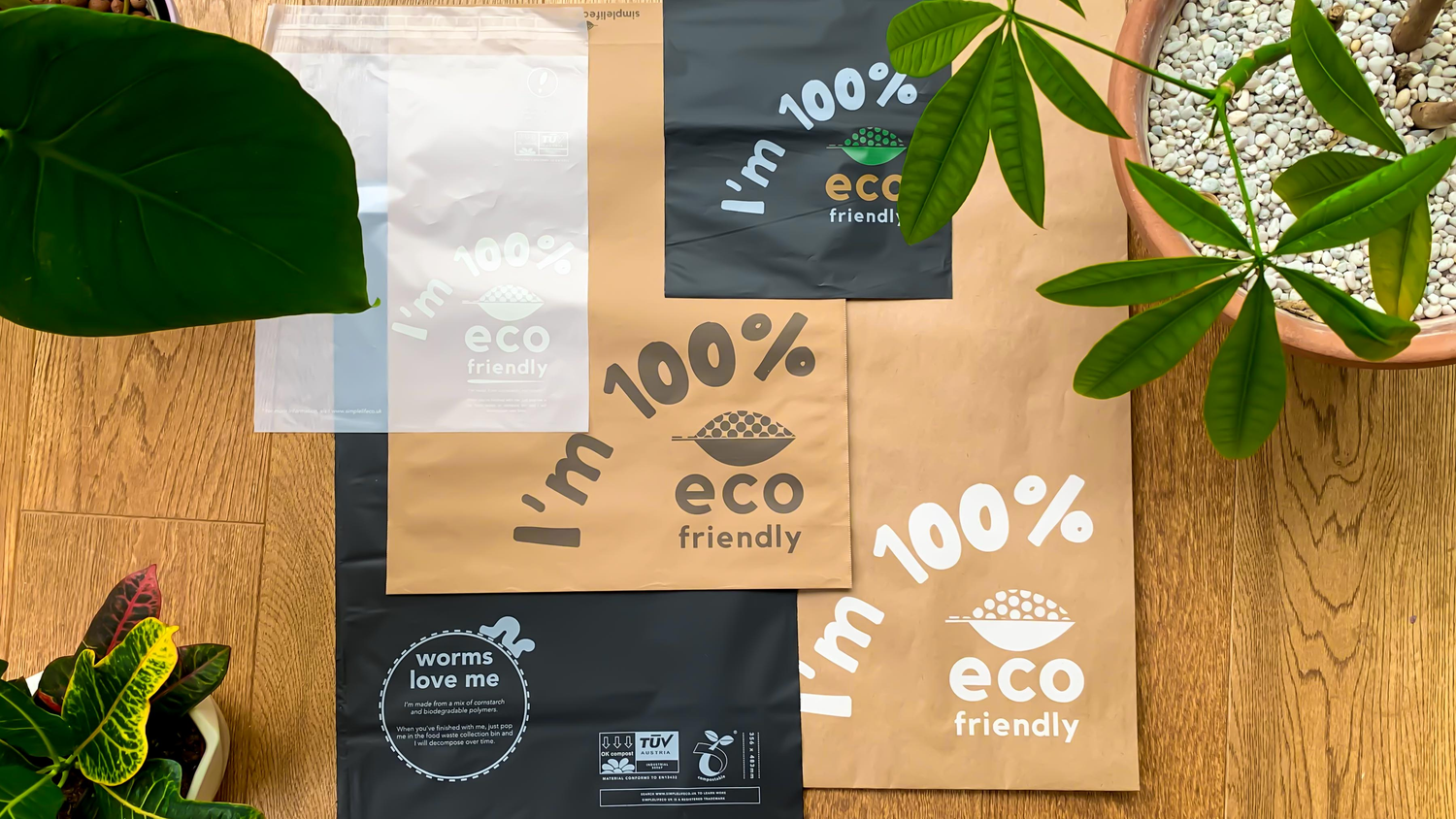For the love of the planet
Share

In a world threatened by environmental issues such as climate change, plastic pollution or deforestation, it has never been more important for companies to adopt sustainable business practices and help protect the environment. Every small business can make a difference by reducing its impact – even small changes add up in the long term!

A sustainable business stands on these three pillars, which should ideally be as balanced as possible. While we’ll focus primarily on environmental sustainability here (hence the title of this article), it’s important to keep in mind that environmentally sustainable practices are also related to other forms of sustainability.
Environmental Sustainability
Depending on the nature of the business, the most important environmental priorities will vary, but all businesses should adopt ways to reduce their carbon footprint, waste production and resource consumption. We’ll share more on what exactly you can do to reduce your business’ impact later in this article.
These environmental threats are universally urgent, which means that they will affect every single person on the planet soon unless we act. As businesses are gaining more and more influence in today’s society, they arguably have a moral duty to help protect it from these environmental threats.
Many environmentally sustainable practices are also good for the company from an economic point of view: reducing electricity usage reduces bills, using less paper allows the business to maximise the use of its digital technology and making sure no resources or products go to waste just makes good economic sense.
Last but not least, as every person is now becoming more aware of the environmental threats we are facing, environmental sustainability is an important differentiating factor which can draw more customers to a business.
Social Sustainability
Socially sustainable practices are another important component an eco-friendly business shouldn’t forget about. This pillar is all about being a valuable part of the local community and treating people – including employees and customers – with respect.
A local small business already has an advantage in this category because of how intertwined it is with the local community!
Economic Sustainability
For any eco-friendly small business owner, it’s also important to maintain economic sustainability. Without making money, a sustainable business will inevitably fail because it can’t fund its own operations!
There are two extreme ends of the spectrum – a company looking to only make financial profit and a company which can’t maintain any economic profit and, in the long term, fulfil its mission. Economic sustainability falls between the two, where making profit becomes a means of spreading the environmental and social message of the sustainable business.

Now that you know what makes a sustainable business, how can you put these practices into use at your own company and make it more eco-friendly?
1. Use biodegradable packaging
Enough plastic packaging – it’s time for more eco-friendly alternatives which won’t sit around polluting our planet for hundreds of years. Paper or cornstarch-based plastic alternatives are two great options for shipping materials, or any other packaging your business is using!
Want to see our eco friendly packaging range?
2. Conduct an energy audit
Conducting an energy audit is the best way to find out where your business is wasting energy and what solutions it can adopt. This is one of the first and most important steps for any eco-friendly small business, no matter its expertise.
3. An eco-friendly website
Few businesses think about the impact of their website, yet it’s an area where you can save a substantial amount of greenhouse gasses. Reducing the loading time, sticking with simpler designs, switching to an eco-friendly web host or adding informational content about environmental sustainability for visitors are only some of the steps you could take.
4. Go paperless
If you already rely on digital technology for some of your business functions, why not go completely digital and ditch the paper? Office-based businesses in particular can make a massive difference this way, but it’s a switch other companies should consider too.
5. Switch to green energy
Whether you install solar panels on your office rooftop or switch to a green energy supplier, support renewable energy use and reduce your carbon footprint at the same time. This also makes good financial sense in the long run, since green energy is less prone to price spikes and shortages in the future, as the supply of fossil fuels lowers.

